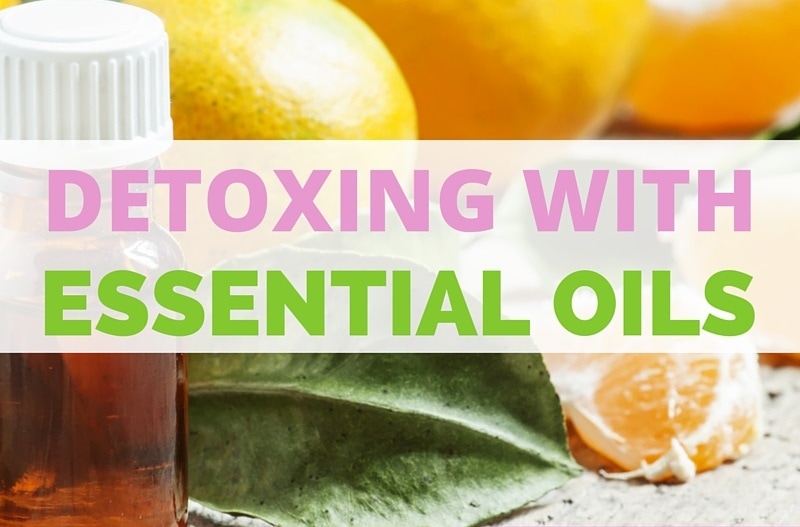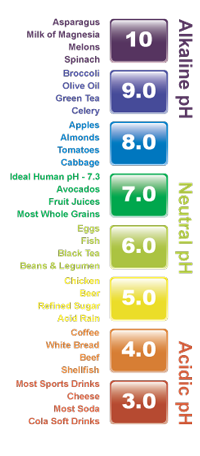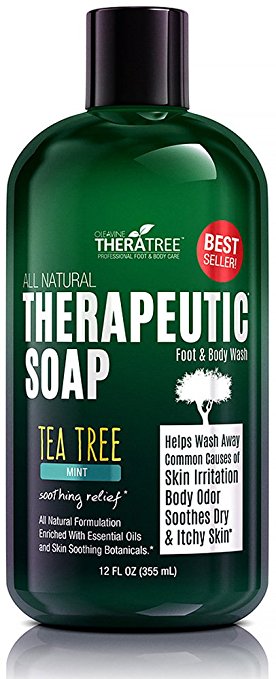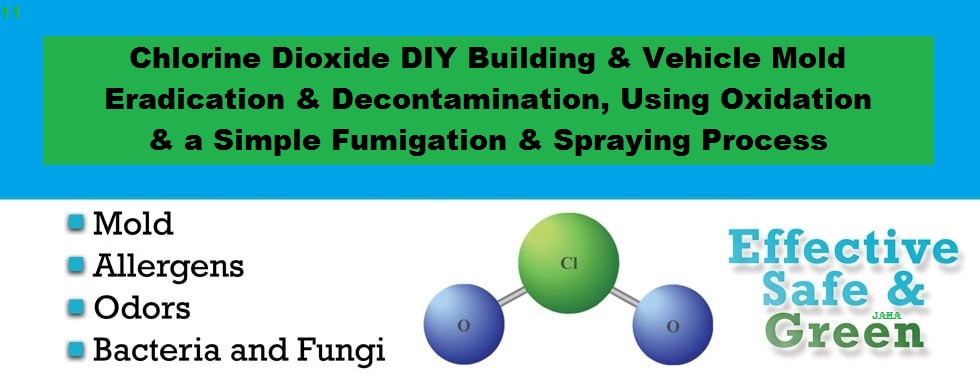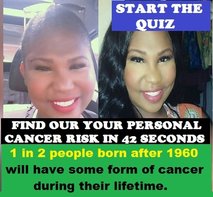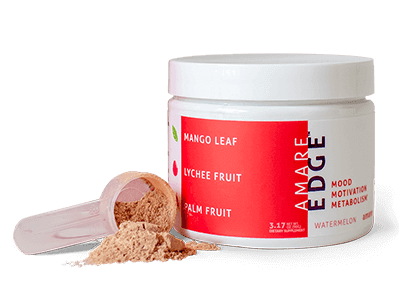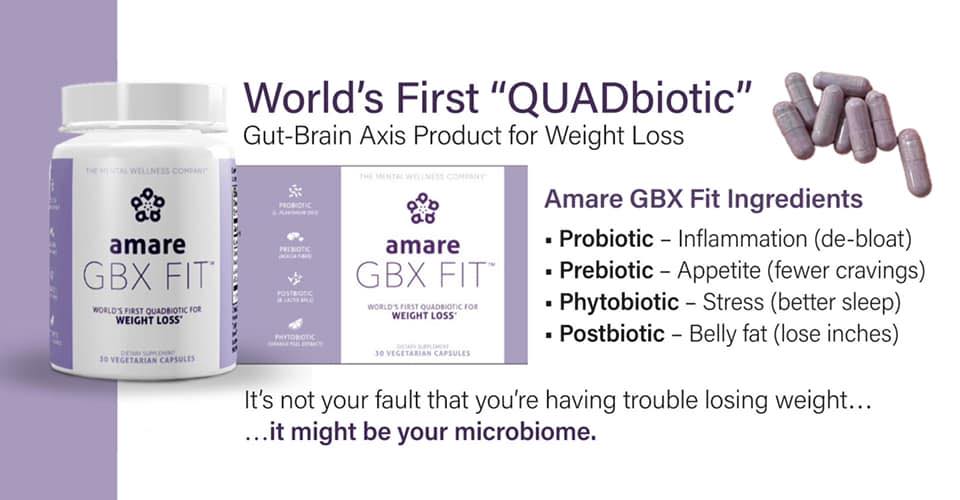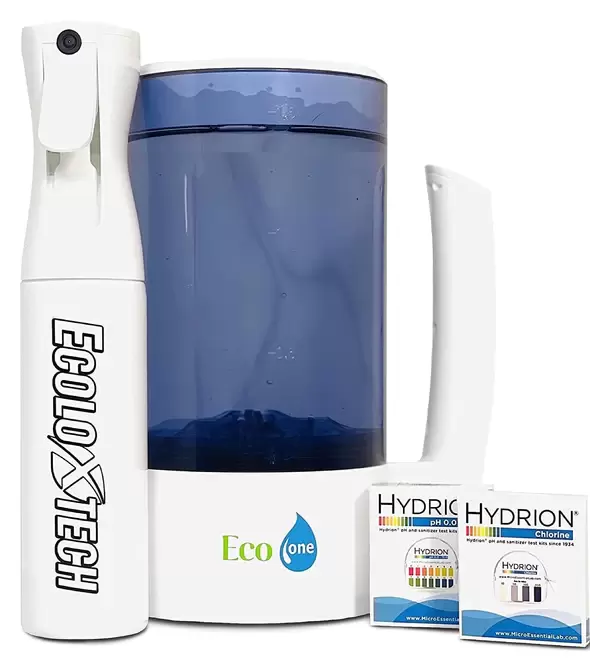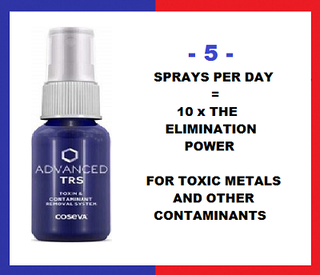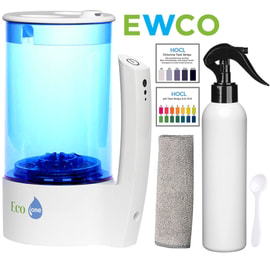|
Dr. Margaret McCartney, a general practitioner from Scotland, says that the common health advice that you should drink six to eight cups of water each day is "thoroughly debunked nonsense". She argues that it is propagated by bottled water companies out to make a profit.
In a commentary, McCartney quoted experts who say that drinking too much water can cause hyponatremia (low sodium levels in the blood). According to the Los Angeles Times: Experts were quick to pounce on the commentary as being misleading ... The answer isn't cut and dry, says an article by the Mayo Clinic, and depends on your exercise level, health conditions and the heat and humidity of your environment. In general, the Institute of Medicine recommends about nine cups of beverages for women and 13 cups for men ... Most people do well to drink when they're thirsty."
By Dr. Mercola
Many fail to realize how crucial an issue this is. It is my strong belief that the single most powerful intervention the majority of Americans can make for their physical health would be to stop drinking all sodas and juices and replace them with health promoting pure water. This is such an important issue due to the fact that nearly 75 percent of the US is overweight and the number one source of calories is sugar from soda. Needless to say diet sodas are even worse. Of course, water is essential for your survival. Every day, your body loses water through urine and sweat. This fluid needs to be replenished, for while you can survive for months without food, without water you wouldn't last more than a few days. If you get the fluid/water replacement issue right, then you have made one of the most important and powerful steps you can in taking control of your health. But just how much water do you need to drink to replenish what you've lost? The truth is, your body is equipped with a mechanism that tells you when you need to replenish your water supply, and there's a simple way to gauge whether or not you need to drink more water even though you may not be feeling thirsty. Listen to Your Body! Several years ago, I too began to question the general recommendation to drink eight glasses of water per day, which led to my refined recommendations on water intake. The truth is, your body will tell you when it's time to replenish your water supply, because once your body has lost between one to two percent of its total water, your thirst mechanism lets you know that it's time to drink some water! Since your body is capable of telling you its needs, using thirst as a guide to how much water you need to drink is one way to help ensure your individual needs are met, day-by-day. Of course, if it's hot, exceptionally dry outside, or if you are engaged in exercise or other vigorous activity, you will require more water than normal. But again, if you drink as soon as you feel thirsty, you should be able to remain well hydrated even in these cases. The color of your urine will also help you determine whether or not you might need to drink more. As long as you are not taking riboflavin (vitamin B2; also found in most multi-vitamins), which fluoresces and turns your urine bright yellow, then your urine should be a very light-colored yellow. If it is a deep, dark yellow then you are likely not drinking enough water. If your urine is scant or if you haven't urinated in several hours, that too is an indication that you're not drinking enough. (Based on the results from a few different studies, a healthy person urinates on average about seven or eight times a day.) Keep in mind that as you get older your thirst mechanism tends to work less efficiently, so older adults will want to be sure to drink water regularly, and again make sure your urine is a light, pale color. Remember to answer your thirst with pure water though, rather than sodas, coffee, or sugary fruit juices. Both coffee and soda are high in caffeine, which acts as a diuretic that will dehydrate you even further. Worse yet, sodas, fruit juices and other sweetened beverages are primary sources of fructose, which will only deteriorate your health. Why Quenching Your Thirst with Sports Drinks is a Bad Idea...Most people believe that sports drinks are the best alternative to replenish lost fluids and electrolytes when exercising, but that's simply not true. Many sports drinks contain as much as two-thirds the sugar of sodas. They also typically contain high-fructose corn syrup (HFCS), artificial flavors and food coloring, none of which contribute to optimal health... Furthermore, as I've previously discussed in-depth, consuming sugar after exercise will negatively affect both your insulin sensitivity and your human growth hormone (HGH) production. Ironically, while these drinks are often referred to as "energy" drinks, in the long run the sugar they contain does just the opposite. After causing a quick explosion of energy, your energy plummets as your pancreas and other glands do all they can to balance out the toxic stimulation to your blood sugar. Most also contain high amounts of sodium (processed salt), which is meant to replenish the electrolytes you lose while sweating. However, a far better option is to simply add a small amount of natural, unprocessed salt, such as Himalayan salt, to your water. Contrary to processed salt, this natural salt contains 84 different minerals and trace minerals that your body needs for optimal function. Another excellent option when you're sweating profusely is fresh coconut water. It's one of the highest sources of electrolytes known to man. Some remote areas of the world even use coconut juice intravenously, short-term, to help hydrate critically ill patients and in emergency situations. If your sports drink is low-calorie and sugar-free, be warned that it likely contains an artificial sweetener, which is even worse for you than fructose. When Too Much Water Becomes Dangerous...The featured article points out that drinking too much water has its own dangers. Essentially, if you drink too much water, the sodium levels in your blood may drop to dangerously low levels, causing hyponatremia; a condition in which your cells swell with too much water. While most of your body's cells can handle this swelling, your brain cells cannot, and most of the symptoms are caused by brain swelling.
Symptoms of Hyponatremia Include:
This condition is most common among athletes. However, as I mentioned above, sports drinks are far from healthful, so when you're sweating profusely for extended periods of time, try coconut water, or a pinch of natural salt in a glass of water instead.
Clearly, staying well-hydrated is essential. But whether or not you actually need eight glasses of water or more each and every day is questionable, because hydration needs are so individual, and vary from day to day. This is why I believe using your thirst and the color of your urine to gauge your personal needs is the best way to go. Beware of Bottled Water...While drinking water will help flush out toxins, the more unfiltered water you drink, the more pollutants you're consuming… So rather than obsessing about the ideal amount of water, perhaps a more important question is 'what type of water should you drink?' Many instinctively reach for bottled water, thinking that's the answer. However, there are many reasons to avoid bottled water. Not only do they create massive environmental destruction, they're also excessively expensive and the water may not be any purer than what you get from your tap... An independent test performed by the Environmental Working Group revealed a whopping 38 low-level contaminants in bottled water, with each of the 10 tested brands containing an average of eight chemicals. Disinfection byproducts (DBPs), caffeine, Tylenol, nitrate, industrial chemicals, arsenic, and bacteria were all detected. Another concern is the bottle itself. Most plastic water bottles contain chemicals like BPA and phthalates, which mimic hormones in your body. Some of the greatest concern surrounds early-life exposure to BPA, which can lead to chromosomal errors in your developing fetus, causing spontaneous miscarriages and genetic damage. For example, exposure to just 0.23 parts per billion of BPA is enough to disrupt the effect of estrogen in your baby's developing brain. Other Types of Water to Avoid In addition to bottled water, I also recommend avoiding: However, while it may be helpful for short-term detoxification, the longer you drink it, the more likely you'll develop mineral deficiencies and an acidic state. You can also rapidly lose electrolytes (sodium, potassium, chloride) and trace minerals, which can cause cardiac irregularities, high blood pressure, and cognitive/emotional disturbances. Additionally, the process of distilling actually worsens the presence of extremely toxic contaminants in your water because anything that vaporizes at a lower temperature than water, such as volatile organic compounds (VOC's and trihalomethanes (THM's), will also be boiled and condensed.
My Top Choices for Pure Water If it were readily available, my first preference would be water from a gravity-fed mountain spring. You CAN actually collect your own water from natural springs. To learn more, take a look at FindaSpring.com. Naturally filtered by the earth and untreated by commercial bottling companies, this fresh, "living" water still contains organisms that are beneficial to your health. However, collecting your own spring water is probably not going to appeal to a majority of people... So the next best option is to make sure you filter your tap water. Reverse osmosis (R/O) is an excellent form of filtration as long as you add minerals back in after you have filtered the water. You can also restructure the water by creating a vortex. Simply put a large spoon in the water container and swirl it around very fast for awhile. Cooling the water down to about 4 degrees Centigrade or 39 degrees Fahrenheit can also restructure it. For the majority reading this article, it's a reminder to make sure you are drinking enough pure water throughout your day. There are far more people that experience the consequences of drinking too little water, versus too much. Originally published on mercola.com |
Archives
January 2020
Categories
All
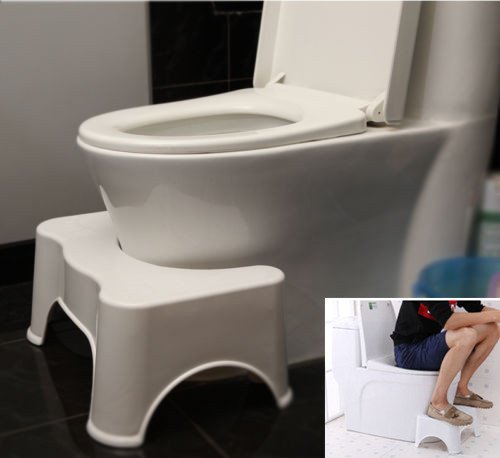 GET YOUR SQUATTY POTTY...IMPROVE YOUR COLON HEALTH GET YOUR SQUATTY POTTY...IMPROVE YOUR COLON HEALTH
|
********************
medical professionals
Learn How to USE HYPOCHLOROUS Acid (HOCL)
Safely & Effectively.
Get A HYPOCHLOROUS acid (HOCL)
Private Use Consultation.
special rate for medical professionals
(Telephone Consultations ONLY)
With medical missionary
Terms of Use: DMCA: Privacy Policy: Disclaimer: Sitemap: Comments Policy:
Affiliate Disclosure: Advertising: Our Beliefs: PMA
|
TOP NATURAL CANCER PROTOCOLS Follow Us:
|
Our VisitorsDo you like the info we share here? Was it of benefit to you? Support our efforts with a donation. Let's keep the information flowing. Any amount helps. Thank you.
|
| ||||||
Amare EDGE
AFFILIATE DISCLOSURE
This information (and any accompanying material) is not intended to replace the attention or advice of a physician or other qualified health care professional.
Anyone who wishes to embark on any dietary, drug, exercise, or other lifestyle change intended to prevent or treat a specific disease or condition should first consult with and seek clearance from a physician or other qualified health care professional. Pregnant women in particular should seek the advice of a physician before using any protocol listed on this website.
The protocols described on this website are for adult use only, unless otherwise specified. Protocol or product labels may contain important safety information and the most recent information provided by the linked product manufacturers, should be carefully reviewed prior to use to verify the usage rate, administration, and contraindications.
National, state, and local laws may vary regarding the use and application of many of the therapies discussed. The reader assumes the risk of any injuries. The authors and publishers, their affiliates and assigns are not liable for any injury and/or damage to persons arising from ANY protocols listed on this website, and expressly disclaim responsibility for any adverse effects resulting from the use of the information contained herein.
The protocols raise many issues that are subject to change as new data emerge. None of our suggested protocol regimens can guarantee health benefits. JA Health Advocate has not performed independent verification of the data contained in the referenced materials, and expressly disclaims responsibility for any error in any of the shared literature.
The information contained herein is not intended to replace a one-on-one relationship with a doctor or qualified healthcare professional. Therefore, this information is not intended as medical advice, but rather a sharing of knowledge and information based on research and experience. JA Health Advocate encourages you to make your own health care decisions based on your judgment and research in partnership with a qualified healthcare professional.
The CLO2 Protocols described on this site are for informational purposes ONLY. The reader accepts 100% responsibility for any and all use made of any information herein.
These statements have not been evaluated by the US Food and Drug Administration or the Jamaica Ministry of Health. The information on this website is not intended to diagnose, treat, cure or prevent any disease. They should not replace personal judgment nor medical treatment, nor are they intended to diagnose, treat, cure, or prevent any disease. Always talk to your Natural Health Provider or M.D. about the use of these or any other complimentary modalities. Reading this website denotes your understanding and agreement to our full disclaimer.
You should contact a trained professional who understands how to safely and effectively use CLO2 and it's derivatives.
The chemicals must be handled with respect. In addition, usage rates and guidelines must be understood and followed carefully. Many individuals have found they can learn to use chlorine dioxide effectively, but this has yet to be recognized by government authorities. The recommendation is for you to find a doctor who will be on board and be supportive of using any of the self-help techniques you may find on this site.
FDA Patents for MMS/CD - Chlorine Dioxide for Cancer Care
FDA Patent: Chlorine dioxide gas for use in treating respiratory virus infection
FDA Patent: Apparatus and method for disinfecting water
FDA Patent for HIV Treatment
FDA Patent for inflammatory diseases
We do not sell products, but we do supply you with links
to approved suppliers who we buy from too.
Copyright © 2020 JA Health Advocate · All Rights Reserved · Powered by DebsWebDesign

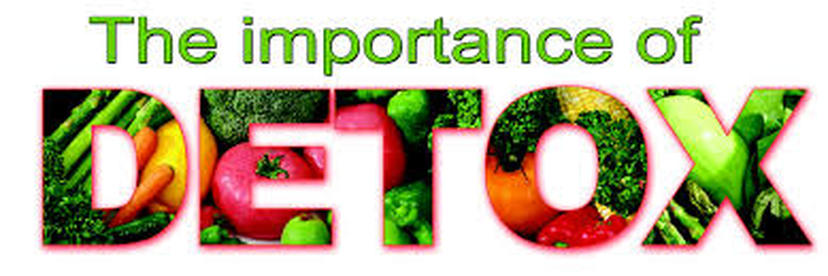

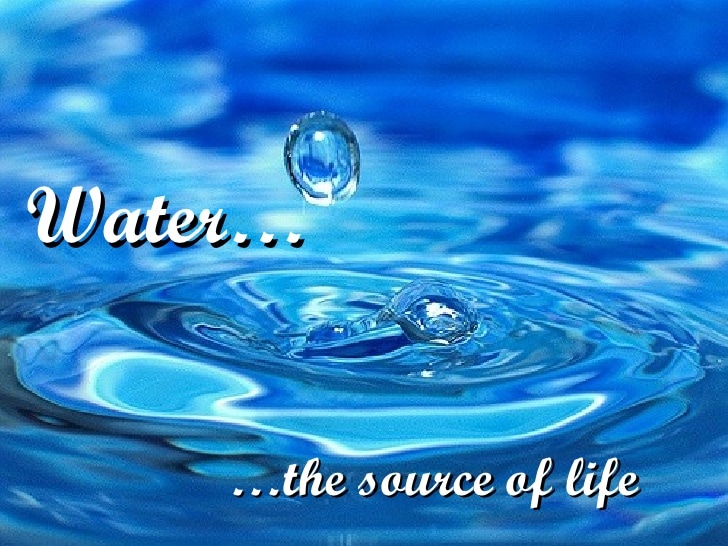
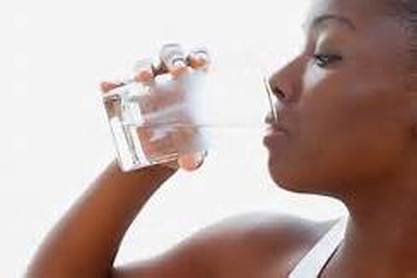
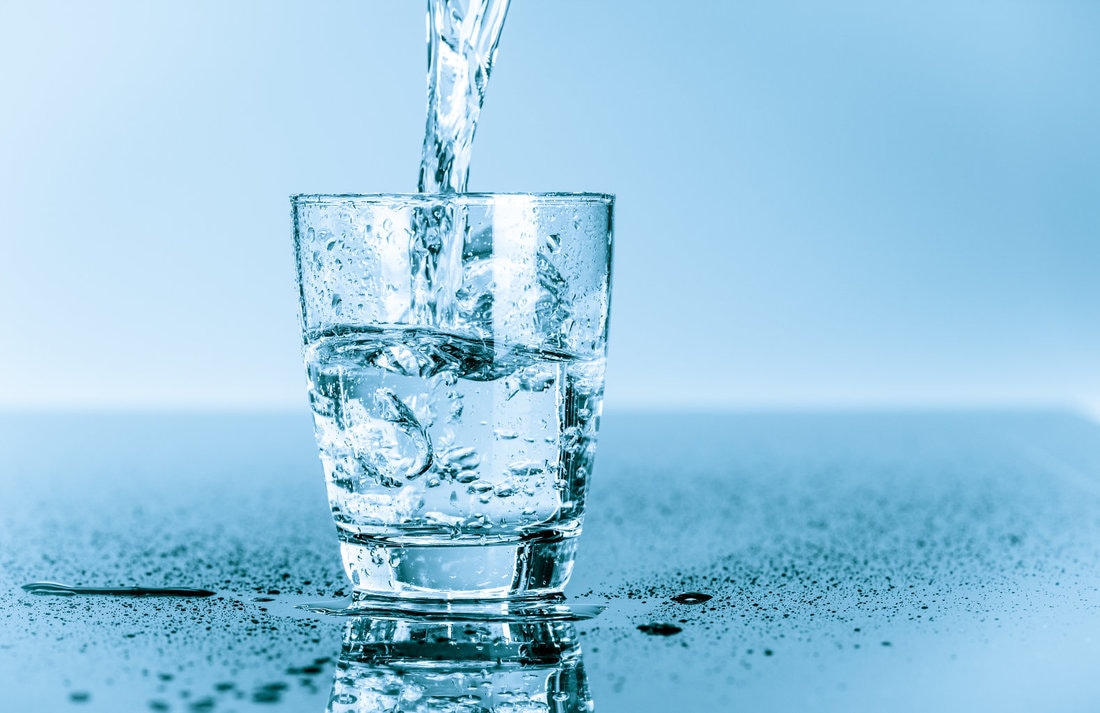
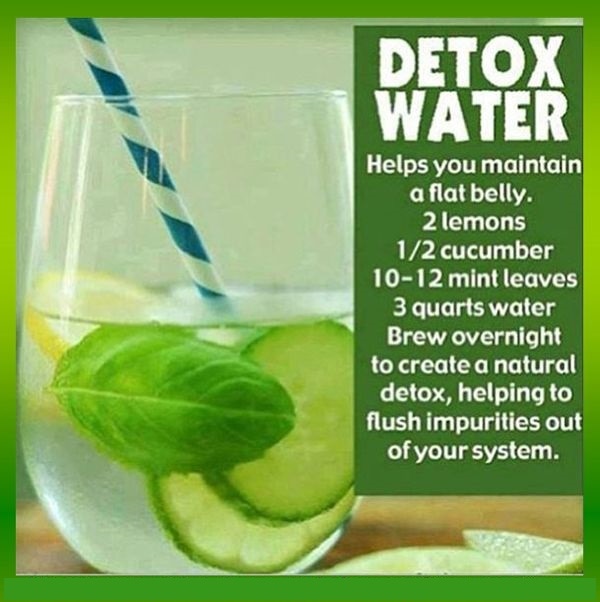
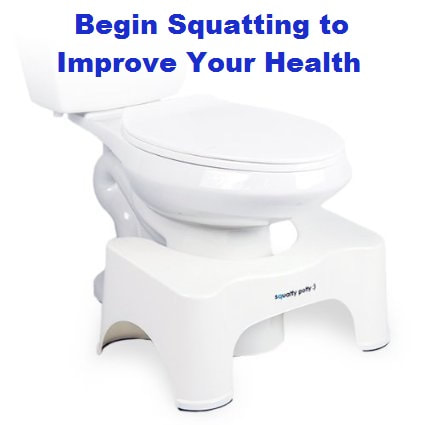
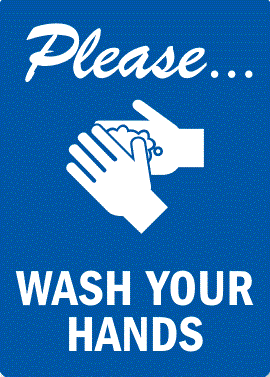
 RSS Feed
RSS Feed
